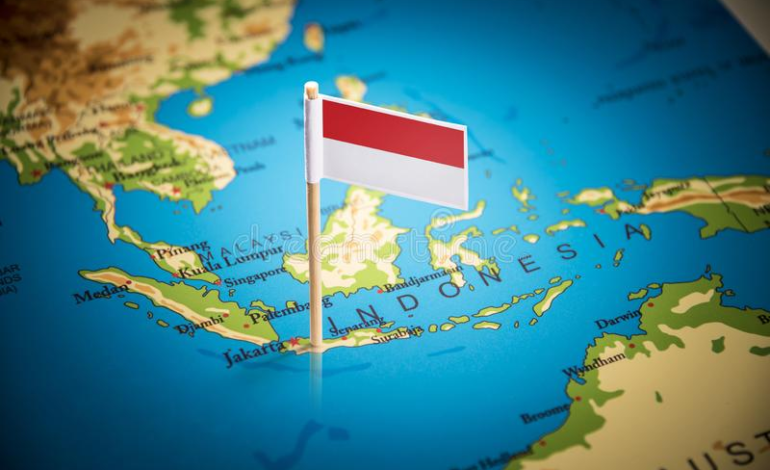
Avellon Williams
Ancient Indonesia
In Indonesia, the first people arrived about 40,000 years ago, when the sea level was lower and the island was connected to Asia by a land bridge.
A new wave of people arrived around 10,000 BC at the end of the last ice age. Food was first obtained by hunting animals, collecting shellfish, and gathering plants. Around 2,500 BC, they learned how to grow taro, bananas, millet, and rice. Pottery was also made by the early farmers, but all their tools were made of stone.
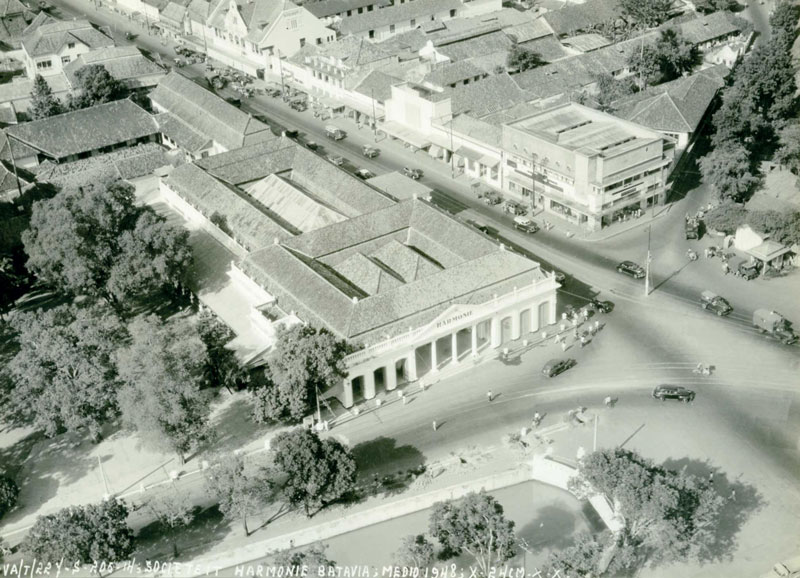
It was not until 700 BC that the Indonesians learned how to make bronze and iron. The introduction of wet rice cultivation also took place at that time. In order to regulate the supply of water to their fields, Indonesian villages were forced to cooperate with each other. As time went on, organized kingdoms developed.
Colonial Indonesia
Over the course of the 17th century, the Dutch gradually expanded their power over Java and the Moluccas. Their influence was limited, however, in the rest of Indonesia. Moreover, the Dutch East India Company became insolvent during the 18th century. Eventually, in 1799, the Dutch government seized its territories.
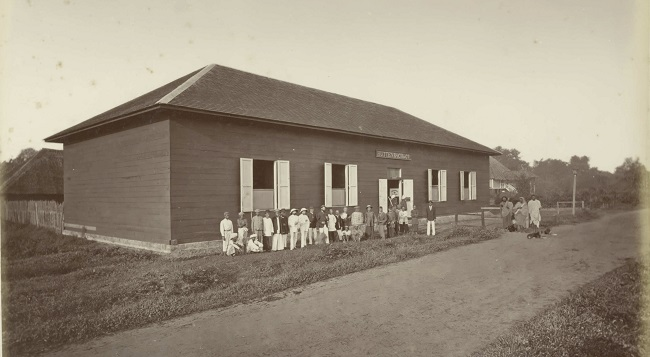
The British and Dutch went to war in 1806. The British under Lord Minto sailed to Batavia in 1811. All Dutch possessions in Indonesia were soon captured by the British.
As part of the British policy of abolishing slavery, they divided the country into residencies for administrative purposes. In 1816, the British handed Indonesia back to the Dutch. The return of the Dutch was opposed by many Indonesians. Eventually, the Dutch defeated them and regained control.
Modern Indonesia
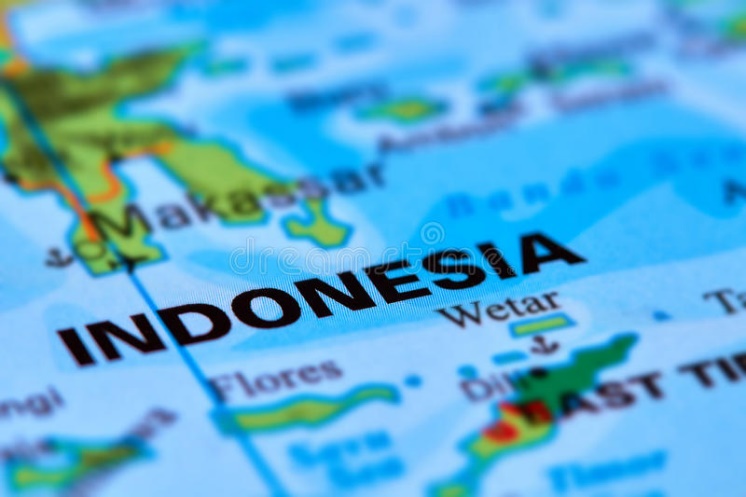
Initially, Indonesia was a parliamentary democracy. A new political system, called ‘Guided Democracy’, was introduced by President Sukarno in February 1957. It resulted in a reduction of the power of parliament and an increase in the power of the president. An opposition party called the PRRC (Revolutionary Government of the Republic of Indonesia) formed a separate ‘parliament’.
However, the army remained loyal to Sukarno and he stayed in power. Meanwhile, in October 1957 the army took over the remaining Dutch companies in Indonesia. As a result, the army grew wealthy.

Since the 1960s, Indonesian oil reserves have been exploited. The high oil price after 1973 was a benefit to Indonesians. A great deal of productivity was also gained in agriculture. Many Indonesians, however, remained poor, and the country was hit by a financial crisis in 1997.
Consequently, the economy contracted. In May 1998, Suharto resigned because of riots in Indonesia. With the 1999 elections, Indonesia returned to democracy.
A recovery in the Indonesian economy began at the beginning of the 21st century. Today, Indonesia’s economy continues to grow steadily. Approximately 267 million people live in Indonesia as of 2020.
On Monday, protesters demonstrated outside the Indonesian parliament in Jakarta against the criminal code’s passage.
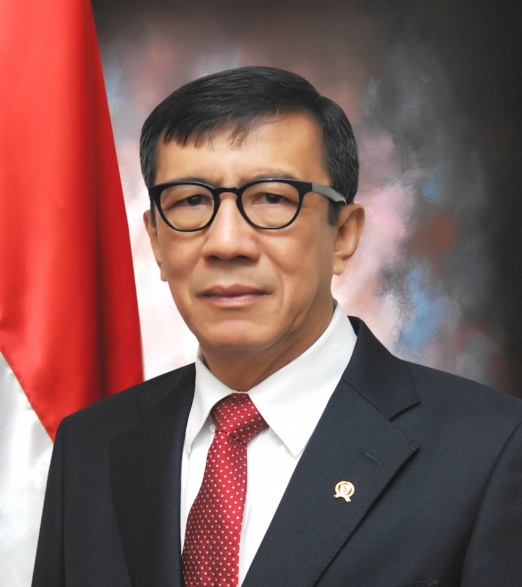
Yasonna H. Laoly, Indonesia’s Minister of Law and Human Rights, told parliament that the president is expected to sign off on the new penal code. But even after the government drafts implementing regulations, it won’t take effect immediately. Meanwhile, civic groups plan to challenge the code in Indonesia’s constitutional court.
A long-awaited amendment to Indonesia’s colonial-era penal code was passed by the parliament on Tuesday 6, December 2022.

As a result of the revised code, which could take up to three years before it’s fully adopted, many observers are concerned that it will threaten human rights and civil liberties in the world’s third-largest democracy with the largest concentration of Muslims.
According to a copy of the legislation seen by TIME, insulting the president and vice president, spreading fake news, having sex outside marriage, and committing religious blasphemy are punishable offences.
Neither locals nor foreigners will be exempt from the rules. In the Southeast Asian nation of 276 million, legal experts and activists say that the changes indicate a democratic backslide.
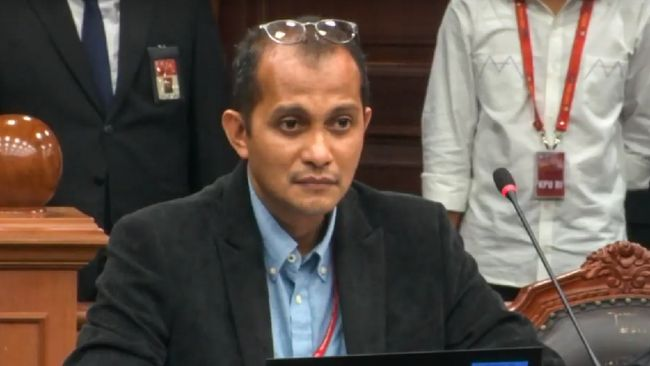
According to the amended code, sex with someone who is not your spouse is punishable by up to one year in prison, while living together with someone who is not your spouse is punishable by six months in prison. In accordance with the code, violators can only be prosecuted if their spouses or, if unmarried, their parents or children file complaints. Law enforcement officials will not conduct raids based on sex issues, according to Deputy Justice Minister Edward Omar Sharif Hiariej.
There were plans for Indonesia’s parliament to ratify a new code in 2019, but some of the most controversial proposals sparked nationwide protests, and President Joko Widodo urged lawmakers to delay ratification until public input is considered.
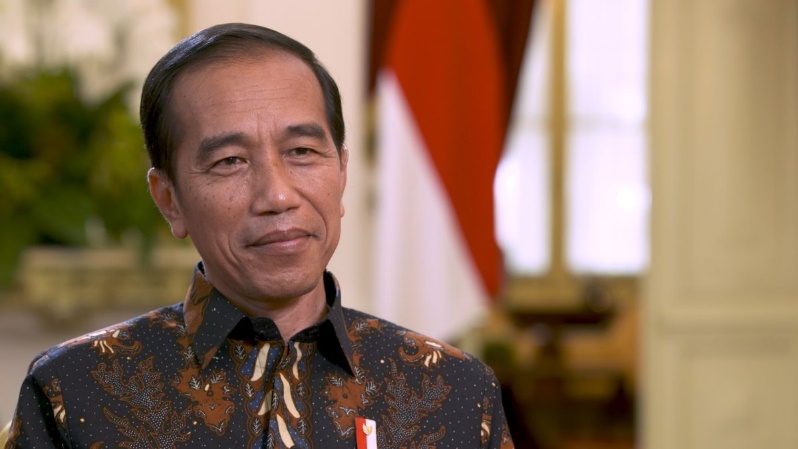
Over the years, legislators have revived the bill with many of the same provisions, though they have watered down some of the draft code’s provisions many of them deemed particularly problematic. Exceptions are made to the penal code’s prohibition on abortion, which is punishable by up to four years in prison, if the procedure takes place within 14 weeks of pregnancy or in the case of rape. Despite calls for its abolition by human rights advocates, Indonesians will continue to use capital punishment. Under the new penal code, those sentenced to death will be given a 10-year probation period, after which a judge may reduce the sentence to life or 20 years prison if they behave well.
In regards to democracy, Tunggal Pawestri, executive director of Yayasan Hivos, hopes the revised code will bring the country forward rather than backwards. “And I don’t think that we have it right now,” she tells TIME.
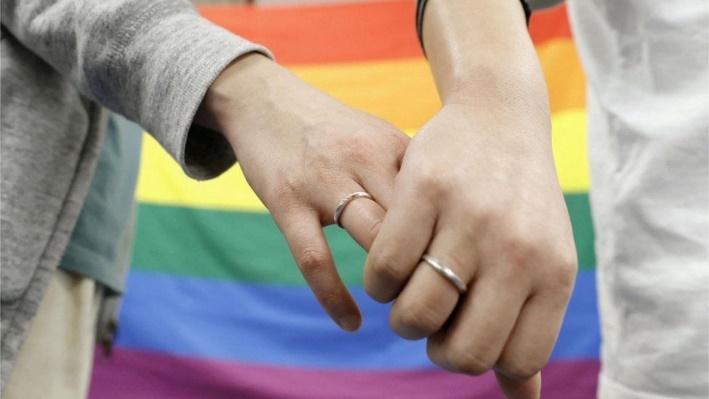
As same-sex marriage is not recognized in the country, advocates fear that the new criminal code may further persecute LGBT people.
As a result of the revised penal code, Southeast Asia’s international reputation is also at risk. “Criminalizing the personal decisions of individuals would loom large within the decision matrix of many companies determining whether to invest in Indonesia,” U.S. Ambassador to Indonesia Sung Kim said in a speech in Jakarta on Tuesday, according to Bloomberg.
“The outcome could well result in less foreign investment, tourism, and travel.”
How does this compare to morality enforcement elsewhere?
The country of Indonesia isn’t the only one notorious for its strict morality laws. There are also many other Muslim-majority countries that regulate aspects of public and private life based on religious values, including Afghanistan under the Taliban, Malaysia, Iran, Brunei, and Nigeria.
There are adultery laws in some U.S. states as well, but they are rarely enforced, as they are not exclusive to Muslim countries. According to Human Dignity Trust, more than a dozen countries criminalize homosexual activity between people of the same sex.




